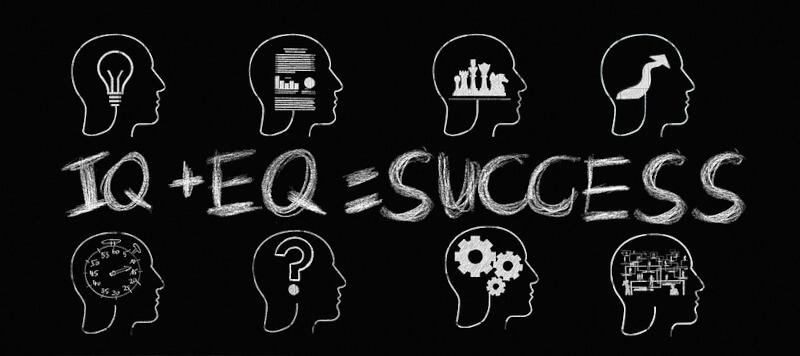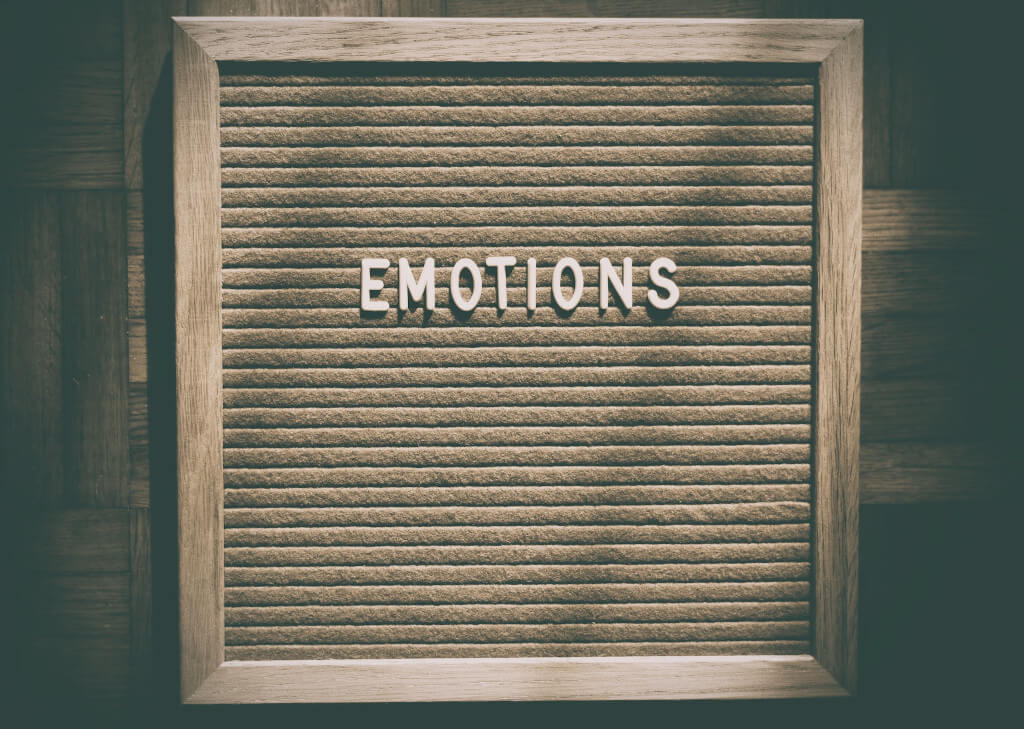Do you want to improve both your mental and physical health? This open-source software provides a variety of tools that can help you improve your relationships, manage your emotions and stress, and restore harmony to your life.
What Exactly is the Toolkit, and How Exactly Does It Function?
Have you ever had the experience of feeling like you were being controlled by your tension, anxiety, despair, or frustration? Do you frequently give in to impulses and say or do things that you later come to deeply regret even though you were aware at the time that you shouldn’t? Or do you feel particularly numb and removed from the feelings that you experience? All of these are potential indications that you need to put more effort into developing your emotional maturity (EQ).
You’ll be prepared to exit the “emotional whirlwind,” stabilize extremes in temperament, and restore balance to your daily existence if you understand how to keep anxiety and feelings under control. This will allow you to not only enhance how you converse with each other, but it will also allow you to enhance how you connect with yourself. This toolbox will instruct you on how to do that.
Why It’s Important to Feel Things
The latest developments in the domain of psychology serve as the inspiration for the toolkit, which is built on those developments. Emotion is today considered to be the cornerstone of medical philosophy and the starting point for any kind of psychological growth. We now also understand that the incorporation of an emotional connection into any of our reasoning is quite beneficial.
You will find it simpler to respect how others are experiencing as you gain the capability to better detect and comprehend your own emotions. This will improve your communication skills and will assist your interpersonal and professional connections to thrive. You’ll notice that your potential for feeling happy emotions has developed and strengthened as you work to keep stress under control and learn to handle even unpleasant feelings.
This will be the case as you begin to accept even uncomfortable feelings. It will be simpler for you to engage in playful behavior, giggle, and feel joy. Regardless of how overwhelmed or mentally out of touch you currently feel, if you make use of these techniques, your lifestyle can and will become less stressful and more enjoyable.
It is essential that, once we start acquiring the knowledge of emotional intelligence which enables us to overcome stress and maintain our well-being and happiness, we first consider examining the activities that we do that might impede our ability to pick up new routines, as this is the first step in the learning process.
Acquire Effective Methods for Rapidly Relieving Stress
No matter what difficulties you encounter in life, the secret to maintaining equilibrium, concentration, and a sense of control is having the ability to effectively manage and release stress. When you practice meditation, adopting techniques for quick stress reduction will assist you in bringing your nerves into equilibrium, in addition to assisting you in coping with the pressures you encounter on a day-to-day basis.
There is a Great Number of Methods Available for Coping With Stress
A fantastic approach to alleviate tension and anxiety is by engaging in activities such as face-to-face conversation with a person who is empathetic and engaging in physical activity, yoga, or mindfulness. However, when you are stressed from your morning drive, locked in a difficult appointment at work, or burnt from yet another dispute with your partner, it might not be realistic (or even feasible) for you to take a jog or meditate. In circumstances such as these, you will require something that is more easily available. This is where rapid relief from stress comes into play.
Rapid alleviation of Stress
Taking a slow, long breath and focusing on what you can see, hear, smell, taste, and feel are two of the most effective ways to alleviate stress rapidly. Another effective method is to engage in a calming physical activity. You can immediately relax and hone in on what you need to do by, for instance, looking at a picture that is meaningful to you, breathing in a particular odor, playing a song that is special to you, chewing on a chunk of gum, or cuddling with an animal.
Not everybody has the same reaction to the many sensory experiences that they have. Experimenting with various sensory activities until you find the ones that provide you with the most effective short-term relief from stress is the most important step in the process.
Develop Your Emotional Intelligence (EQ)

EQ is the capacity to recognize and comprehend one’s feelings and make productive use of those feelings to reduce stress and anxiety, improve one’s ability to interact, empathize with everyone, face and conquer obstacles, and resolve conflicts. EQ is just as important as the more well-known IQ when it relates to determining whether or not you will be happy and successful in your partnerships, job, and individual ambitions. Typically, emotional intelligence is characterized by the following four characteristics:
Self Management
Self-management is the ability to exercise self-control over spontaneous emotions and actions, to handle one’s feelings reasonably, to actively engage, to carry through on obligations, and to adjust one’s behavior in response to shifting circumstances.
Developing Self-Awareness
Self-awareness means that you are conscious of your feelings and how those feelings influence your behaviors and thoughts. You have a healthy dose of self-assurance and are aware of both your strong and weak points.
Empathizing
You may recognize other individuals’ feelings, wants, and worries, pick up on psychological clues, feel confident in social situations, and grasp the power relationships in a community or company.
Managing Your Relationships
Relationship management is the ability to form and keep positive connections with other people, communicate effectively, motivate and persuade others, collaborate well in a unit, and resolve differences amicably.
Since we’ve been trained to attempt to suppress our emotions, most have lost touch with our feelings, particularly intense sensations such as rage, grief, and fear. This has caused many of us to be emotionally distant. But even if you ignore or dull your feelings, you won’t be able to get rid of them entirely. Whether or not you are conscious of them, they still are present in the world. And even negative feelings can have positive outcomes in some circumstances. Sadness, for instance, can help people heal emotionally, while fear can motivate people to take actions that could save their lives, and rage can motivate and inspire people to take action.
